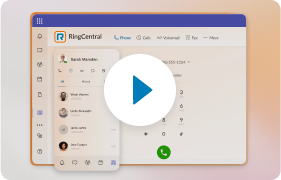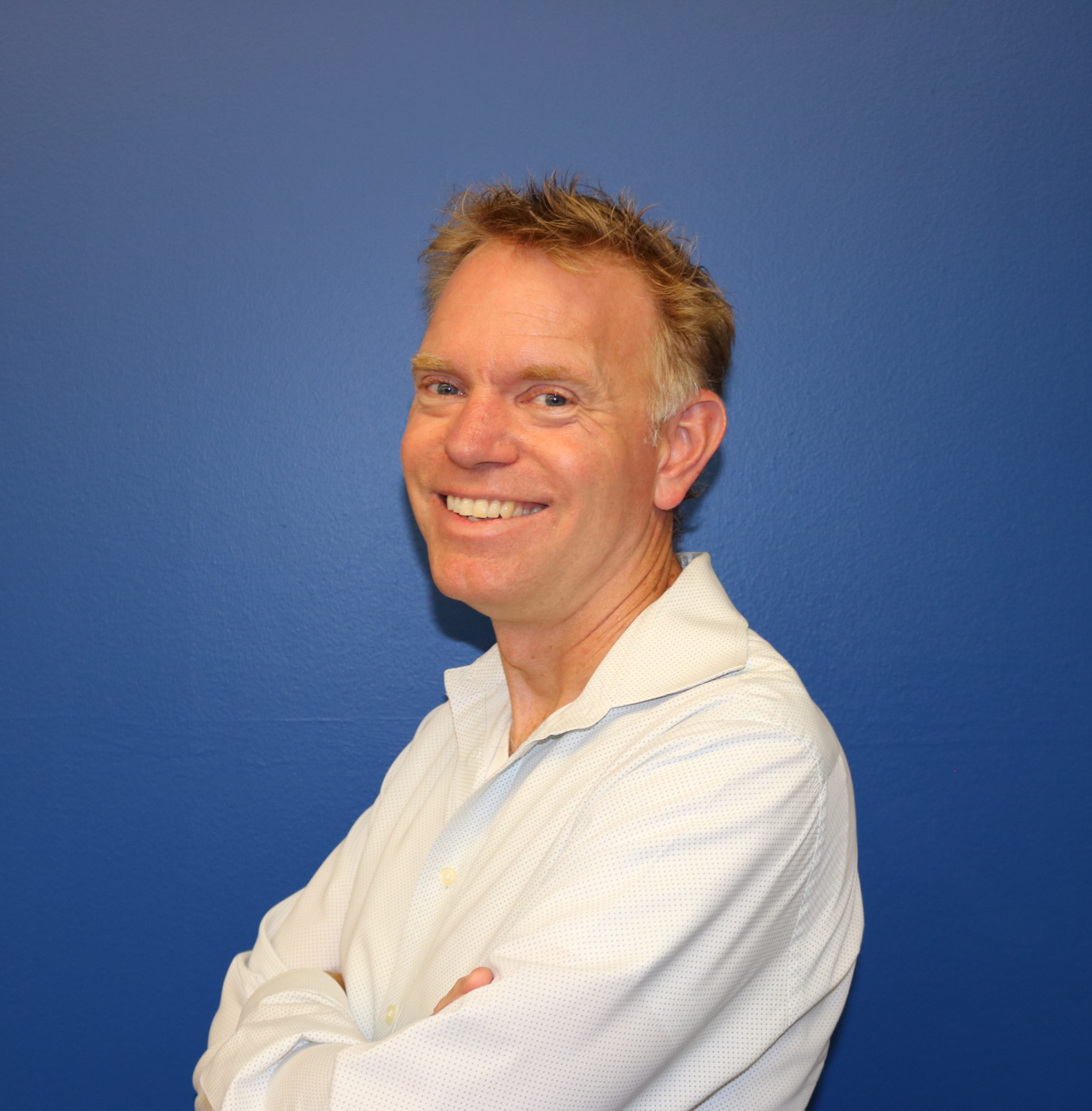Highlights:
- A workplace “ally” is someone who uses their power and privilege to advocate for others.
- Allies show up for under-represented, marginalized groups that they do not personally identify with.
The vast majority of us believe in diversity, tolerance and social justice. But it’s a lot easier to feel like an ally than it is to be one. For Manila-based Regional Vice President for Small Business Expansion Tin Tripoli-Ordenes, allyship is an ongoing calling – with its own set of rewards.
Starting with a safe space
“For me, leadership starts with providing a safe space,” says Tin. “It’s about seeing what might be a marginalized group of people and stepping up to ensure they have a level of comfort that allows them to be their best and truest selves. Plain and simple, it’s you, providing the same levels of respect and comfort you would like to have for yourself.”
Choosing responsibility
“I see (allyship) as a responsibility, if that’s the right word,” says Tin. “It’s a choice we make – to decide to be accountable for the ways a certain group treats a certain marginalized community.” In the Philippines, that simple choice is often anything but simple. “This is a very religious, patriarchal, traditional society,” says Tin, “and it’s easy to encounter discrimination against people and ideas that are not necessarily considered “normal.” So when I encounter inequality, I take it upon myself to bear that moral responsibility and show up for what’s right for everyone.”
Fall down. Get up. Repeat.
Allyship is a journey, and one that is, frankly, easy to mess up. Sometimes allies overdo it. Sometimes they don’t show up when they’re needed most. For Tin, the two most important things are to listen, and never give up. “I have a lot of friends across the LGBTQ+ spectrum, and they have been very generous in educating me about how to navigate relationships, preferences, expressions…just why things are hurtful, or important, or even uplifting. It’s all about listening. I just think the very least we can do is really listen, be respectful and provide everyone an opportunity to be judged based on their merits—their kindness, their skills, their entirety as a person instead of just looking at one’s gender preferences or orientation, and so I think that’s how I’ve always done it.”
How to think about allyship
Allyship is not about helping marginalized groups, it is about partnering with them.
Allyship is not an identity, it is the consistent commitment to learning about power structures and systemic oppression that affect marginalized groups.
Allyship is not proud, it is always open to being corrected by those with whom you seek to be an ally.
Allyship does not represent marginalized groups, it acts in solidarity with them.
Big strides, small steps
Allyship is about people outside a marginalized group taking concrete steps to recognize bias and reverse it. It’s a concerted, multifaceted effort that includes not only building a safe work environment with systems and processes in place that mitigate biases, but also starting it from recruitment, and sustaining it in organizational development initiatives. But progress sometimes starts smaller. “I think RingCentral, particularly here in Manila, has made great strides,” says Tin, “even if they seem like small steps—like the recent revision of our email signatures. You get to choose your pronouns, right? Simple things like that are the first steps toward building a system of consciousness, then education, then, hopefully, acceptance.
Reaping the rewards
We know diverse, inclusive companies perform. For Tin , the benefits of allyship are more personal and immediate. “I’ve always admired the LGBTQ+ community for their boldness, their creativity, and courage. It’s inspiring to me, and I get a lot from these relationships; from fun to creativity to inspiration. It almost feels selfish to say it but, but really, showing up and being an ally makes me richer as a person.”
Updated Mar 13, 2025












